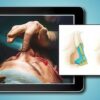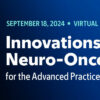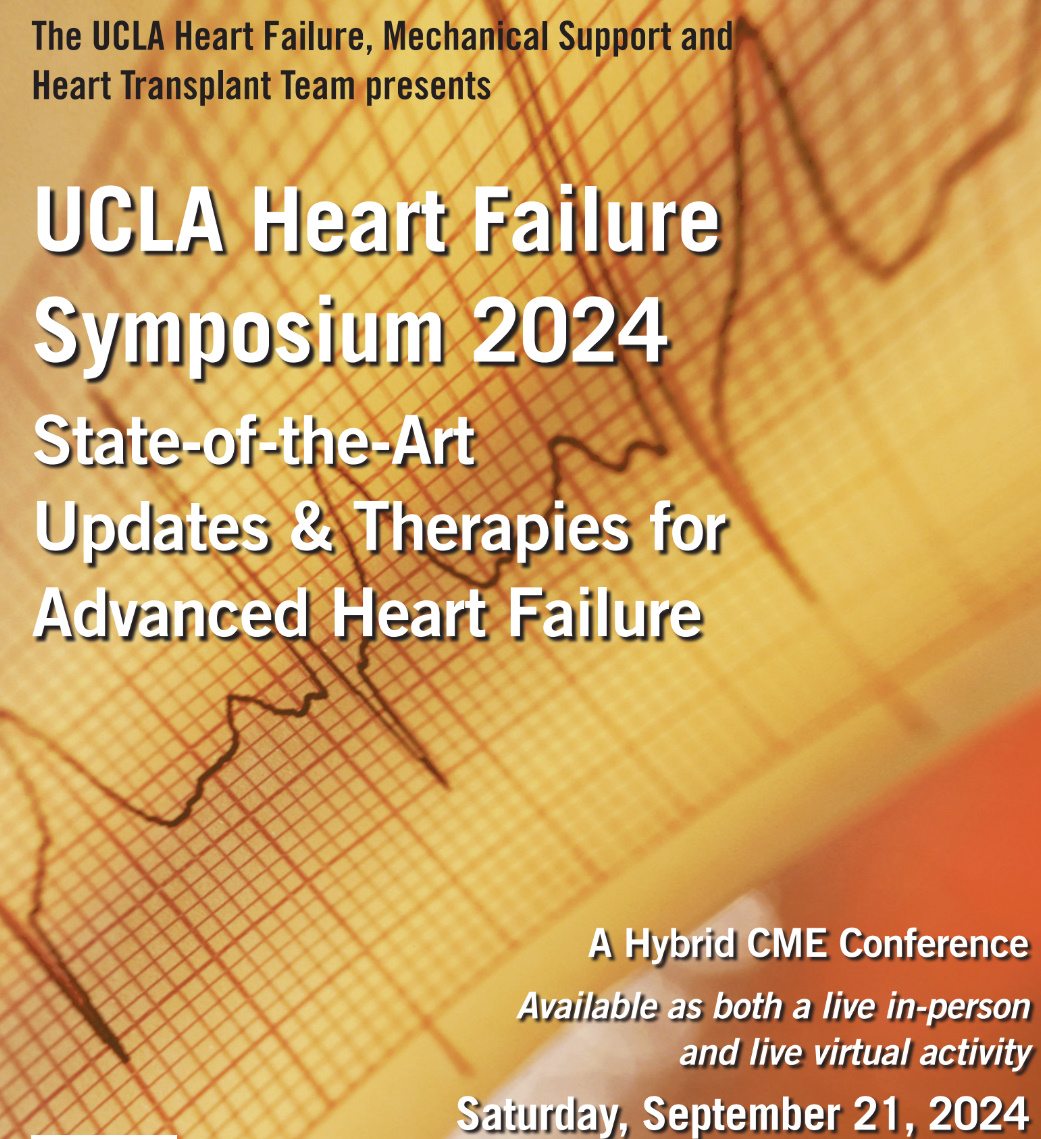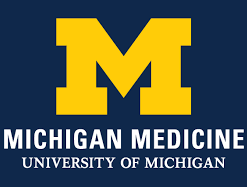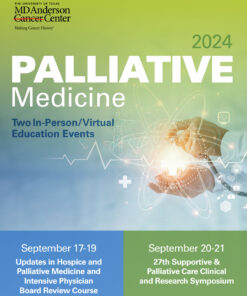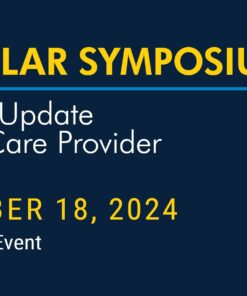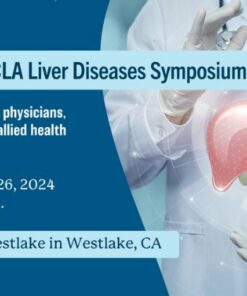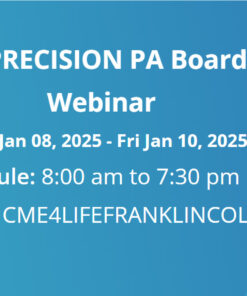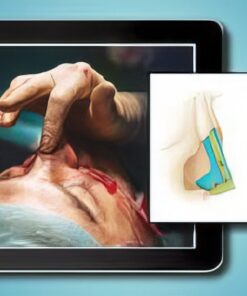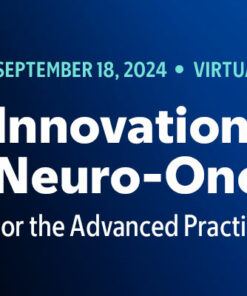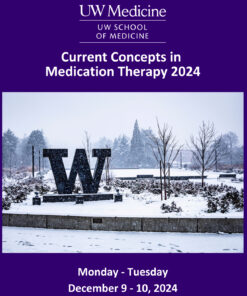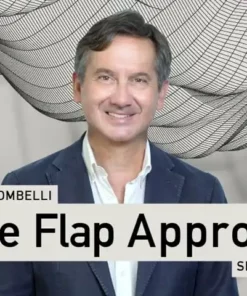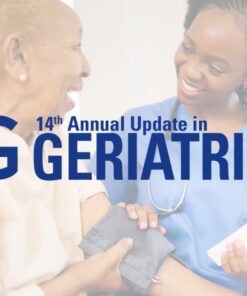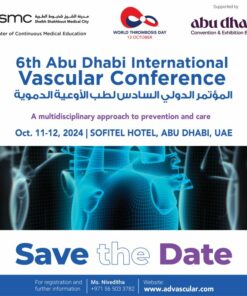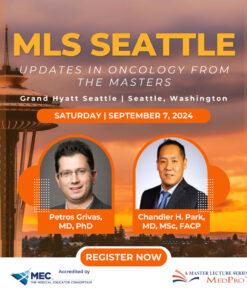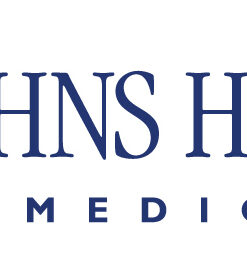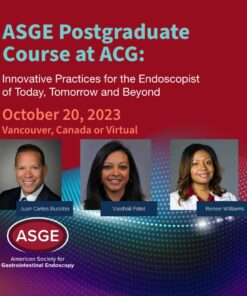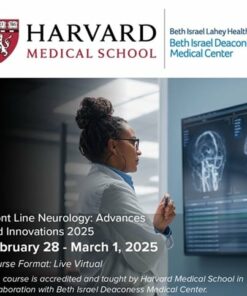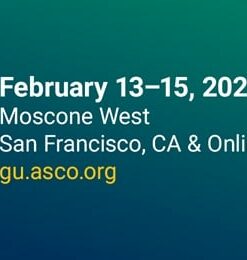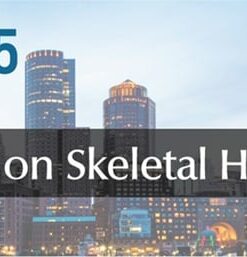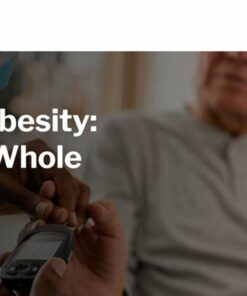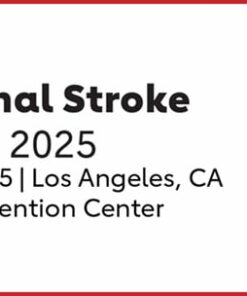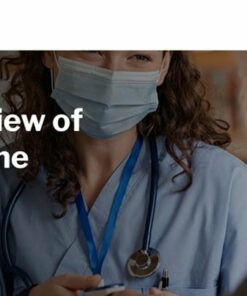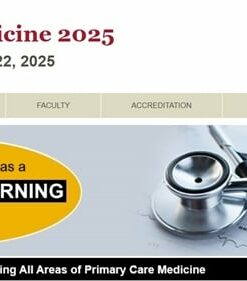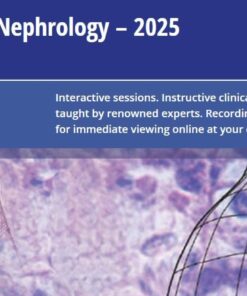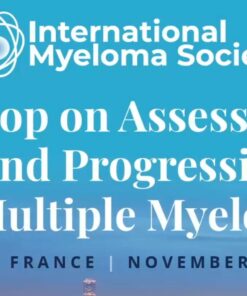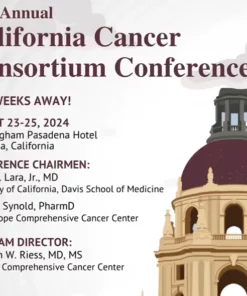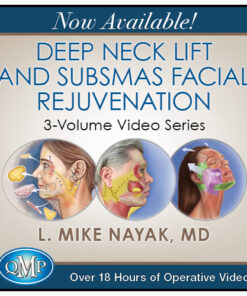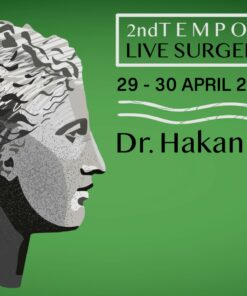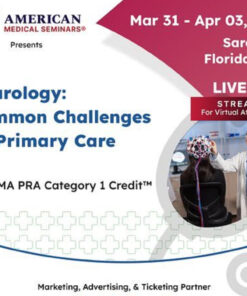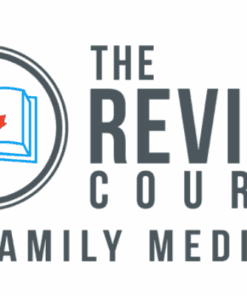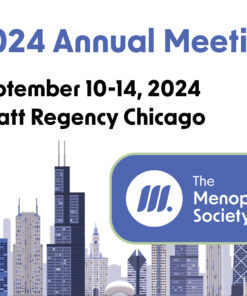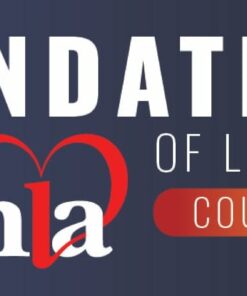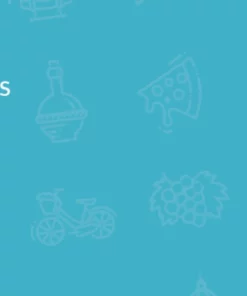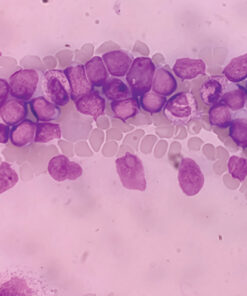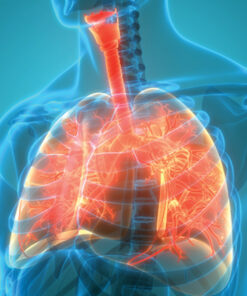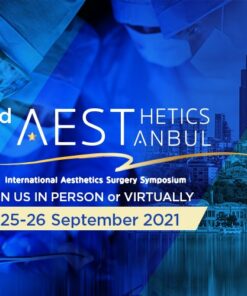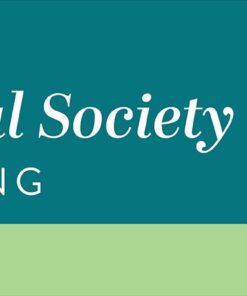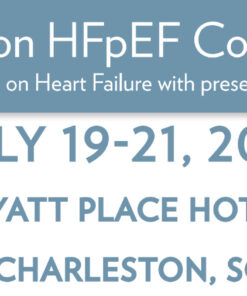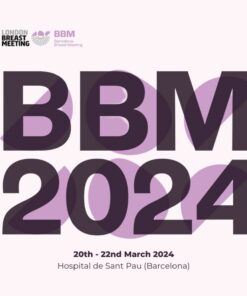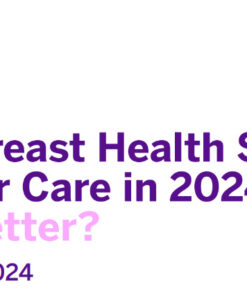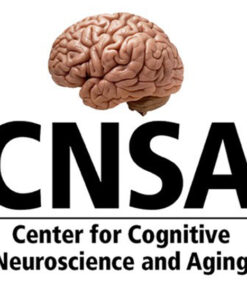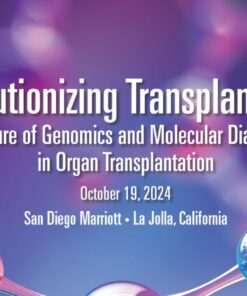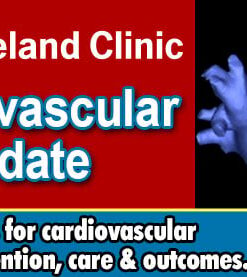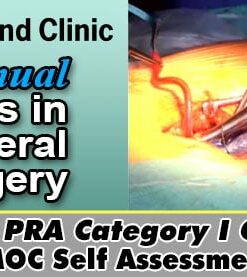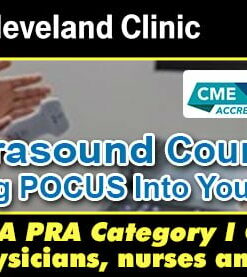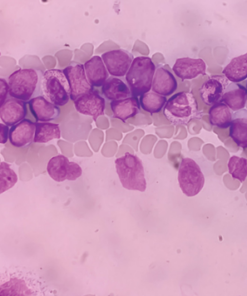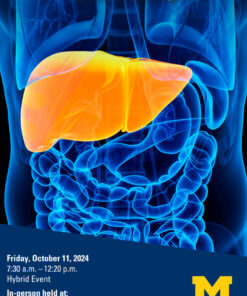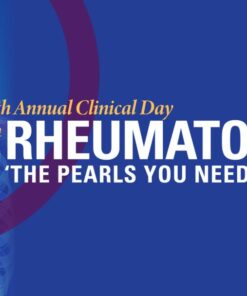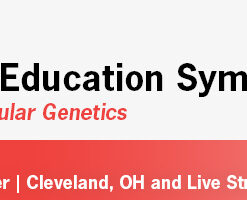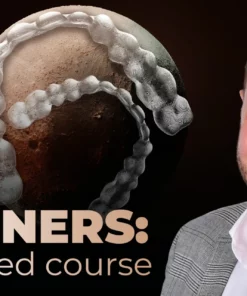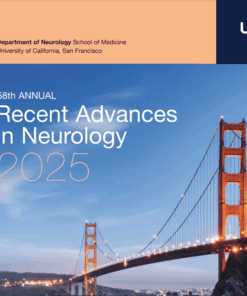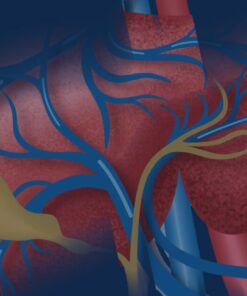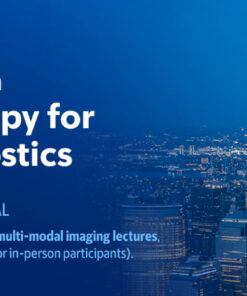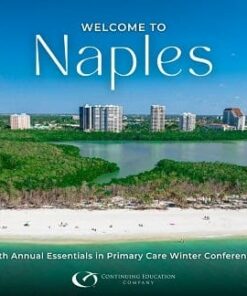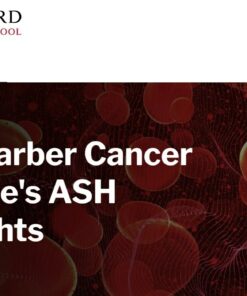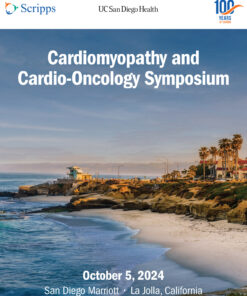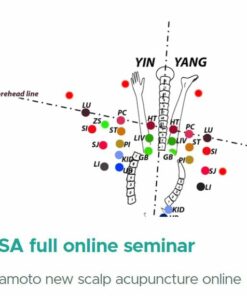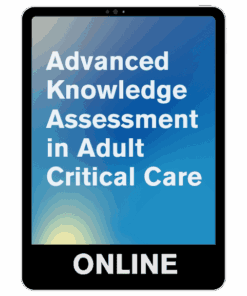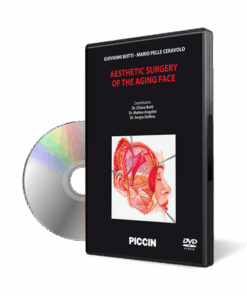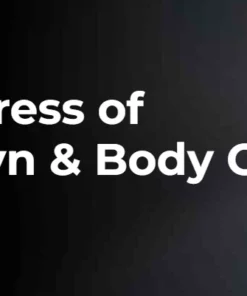UCLA Heart Failure Symposium 2024
40 $
Delivery time: Maximum to 1 hours
Format : 16 videos + 14 pdfs
File size: 4.99 GB
Heart failure affects approximately six million Americans and is the most common diagnosis for acute hospitalization in patients over 65 years. Over the next decade, we will see a dramatic increase in the number of patients in the community with advanced heart failure who can benefit from advanced therapies for complex cardiac disease. Academic medical centers, such as UCLA, have an opportunity to integrate treatment advances into a comprehensive patient-centered heart failure management program. UCLA Health wants to enhance the role of the primary care physician and primary cardiologist as the central provider for continuity of care for these complex heart failure patients.
The 12th Annual UCLA Heart Failure Symposium 2024 will:
1. Discuss general heart failure treatment options including short and long term mechanical circulatory support therapy, heart transplantation, pulmonary hypertension management, high risk percutaneous and structural interventions, and complex congenital heart disease management.
2. Emphasize the need for developing networks linking academic centers with community physicians to manage these patients through the evolution of their disease pre and post advanced cardiac intervention.
3. Discuss heart failure therapies in cardio-oncology, amyloidosis and new medication updates, as well as address patient and care-provider’s specific needs and perspectives.
Target Audience
Family practitioners, internists, cardiologists, pediatricians, nurses and all other healthcare professionals taking care of heart failure patients, as well as the interested lay public.
Learning Objectives
At the conclusion of the program participants will be able to:
• Identify the epidemiology and pathophysiology of heart failure and the need for mechanical circulatory support with a growing heart failure population.
• Identify indications for and management of lifelong left ventricular assist device therapy.
• Implement shared care programs with the community and co-manage patients in need of complex cardiac therapies including LVAD therapy, heart transplantation, pulmonary hypertension management, high risk percutaneous interventions, and complex congenital heart disease management.
• Discuss the comprehensive multidisciplinary care and services available to complex cardiac patients within the UCLA Heart Failure Program.
+ Topics:
229741_BROCHURE.pdf
Advances in Structural Heart Disease Mitral and Tricuspid Percutaneous Interventions.mp4
Advances in Structural Heart Disease Mitral and Tricuspid Percutaneous Interventions.pdf
Afib Ablation in Heart Failure – King of the Castle.mp4
Afib Ablation in Heart Failure – King of the Castle.pdf
AI, Sensors and Wearable Devices in Heart Failure in 2024.mp4
AI, Sensors and Wearable Devices in Heart Failure in 2024.pdf
Cardio-Oncology Immune Check Inhibitor Myocarditis.mp4
Cardio-Oncology Immune Check Inhibitor Myocarditis.pdf
Cardiogenic Shock- From Mobile ECMO to ECPELLAs.mp4
Cardiogenic Shock- From Mobile ECMO to ECPELLAs.pdf
HFPEF- Diagnosis, Treatments, and Patient Impacts.mp4
HFPEF- Diagnosis, Treatments, and Patient Impacts.pdf
In the Thick of It, Infiltrative Cardiomyopathies.mp4
In the Thick of It, Infiltrative Cardiomyopathies.pdf
LVADs From the Temporary to the Durable.mp4
LVADs From the Temporary to the Durable.pdf
Manage Your Risk Updates in Hyperlipidemia and Hypertension Management in 2024.mp4
Manage Your Risk Updates in Hyperlipidemia and Hypertension Management in 2024.pdf
Pharmacologic Options for Managing Obesity in Patients with Heart Failure.mp4
Pharmacologic Options for Managing Obesity in Patients with Heart Failure.pdf
Robotic Surgical Interventions Minimally Invasive Mitral Surgery.mp4
State of the Art Medical Therapies in Advanced Heart Failure What is New in 2024.mp4
State of the Art Medical Therapies in Advanced Heart Failure What is New in 2024.pdf
State of the Art Updates on Aortic Aneurysms.mp4
State of the Art Updates on Aortic Aneurysms.pdf
Today’s Heart Failure Clinic A Modern Approach.mp4
What’s New in Cardio-Obstetrics in 2024.mp4
When to Refer- A Tale of Two Patients.mp4
When to Refer- A Tale of Two Patients.pdf


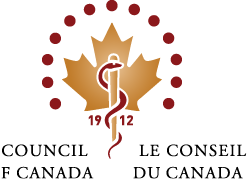 MCCQE Part I – Prep Exam-Lite PE-LITE-425A – April 2025 (PDF)
MCCQE Part I – Prep Exam-Lite PE-LITE-425A – April 2025 (PDF) 